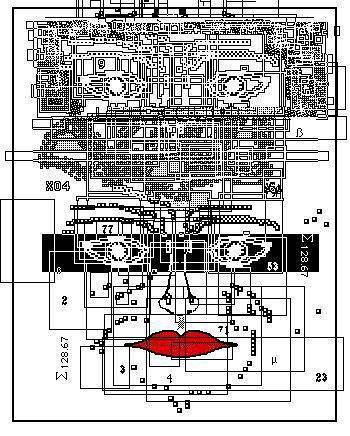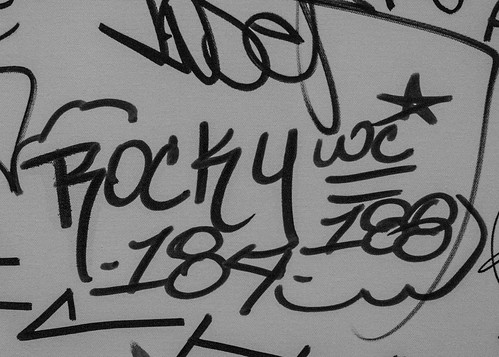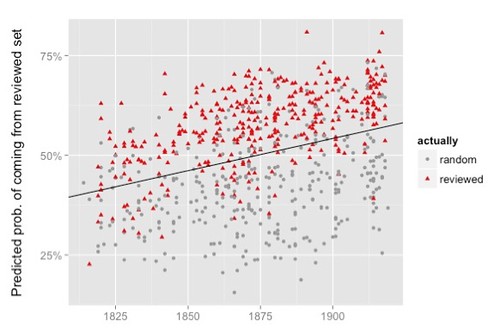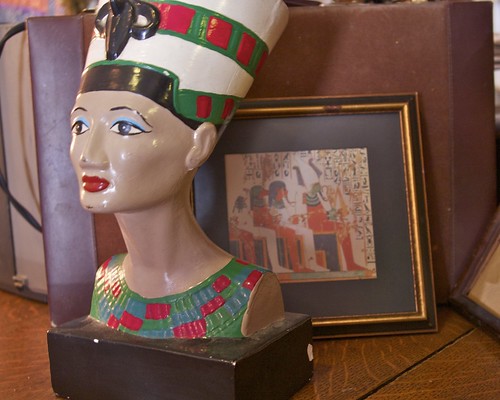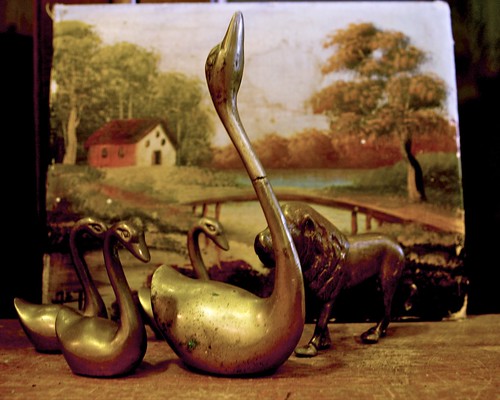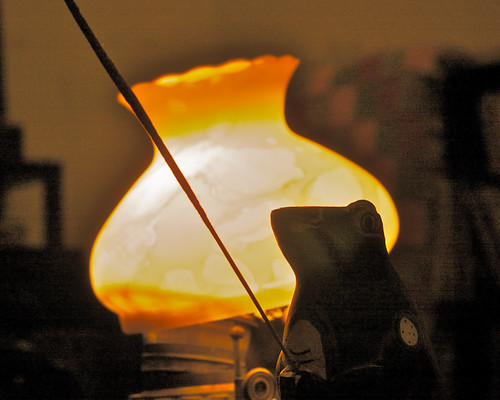I've got a long-standing interest in the question of why, given that American culture has been so heavily European, Americans are more religious than Europeans? I've never found an explanation that I find satisfactory. But there's a direction worth pursuing in this piece, which is revised from an article I originally published in the now-defunct Buffalo Report in March 2005. Except for the short addendum, I published this revised version in Truth and Traditions.
Salvation and Democracy, or How One's Personal Relationship with Christ Underwrites Governmental Legitimacy
In the immediate wake of the 2004 Presidential election there was a lot of earnest talk about the role of religion and morality in the election and more generally in contemporary American political life. The early word was that unless the Democrats get religion, they’re finished. While that talk has abated somewhat, the issue of religion in our political life remains with us.
What makes this particularly perplexing is that, while American culture is largely derived from Europe, Europeans are not nearly so religious. Thus a 1993 Gallup poll found that 43 percent of Americans attended church weekly as compared to 14 percent for the British, 12 percent French, and 4 percent Swedes. Not only is America more religious than Europe, but revivalism has been important throughout American history from the Colonial period through the present.
This question interests me, in the first place, because, in some measure I am a standard issue secular humanist who finds the European situation more compatible with a simple, perhaps naive, belief that human progress involves the advance of reason. I find the question a pressing one because of the current political situation. It is not simply that fundamentalism has been on the rise for the past two or three decades, but that it seems captive to some of the most destructive forces in contemporary American politics. And yet . . .
An Anthropologist Takes a Look
I have assumed the traditional posture of the Martian anthropologist in an effort to understand why religious belief remains central to American culture and politics: What would our political culture look like to an outsider, someone WAY outside the ordinary, like a Martian? This Martian might look at political doctrine. Consider the opening of the second paragraph of the Declaration of Independence:
We hold these Truths to be self-evident, that all men are created equal, that they are endowed by their Creator with certain unalienable Rights, that among these are Life, Liberty, and the Pursuit of Happiness—That to secure these Rights, Governments are instituted among Men, deriving their just Powers from the Consent of the Governed, that whenever any Form of Government becomes destructive of these Ends, it is the Right of the People to alter or to abolish it, and to institute new Government, laying its Foundation on such Principles, and organizing its Powers in such Forms, as to them shall seem most likely to effect their Safety and Happiness.
So, the Martian observes, the government gains its power by grant from the people. The people, in turn, gain their power, their unalienable rights, from their Creator. This reverses the logic of legitimization prevailing in traditional European monarchies. In those governments the rulers got their legitimacy from some god and their subjects, in turn, got their rights and obligations through their relationship to the ruler. In that scheme democracy is implausible. Jefferson who crafted this Declaration, and the new nation, emphatically rejected that scheme in favor of a different one.
In this new system the separation of church and state secures two ends, religious freedom and, even more fundamentally, the state itself. The first is obvious, and has occasioned much discussion. The second seems obvious as well, but is somehow more subtle. But, seriously, it’s a matter of logic: How can the people legitimize the state unless their authority is itself independent of that state? The only way to guarantee that independence is to guarantee the separation of church and state.
And that, our Martian tells his fellows, may be why religion has been so important in American society. For a large fraction of the population, though not for all, it has been the ground of capital “B” Being on which their sense of themselves-in-the-world depends. To understand this, however, we need to push beyond political doctrine, which is mere abstract theory, perhaps not even that. It is ideology. We need a sense of concrete social practices that make such ideology real.
